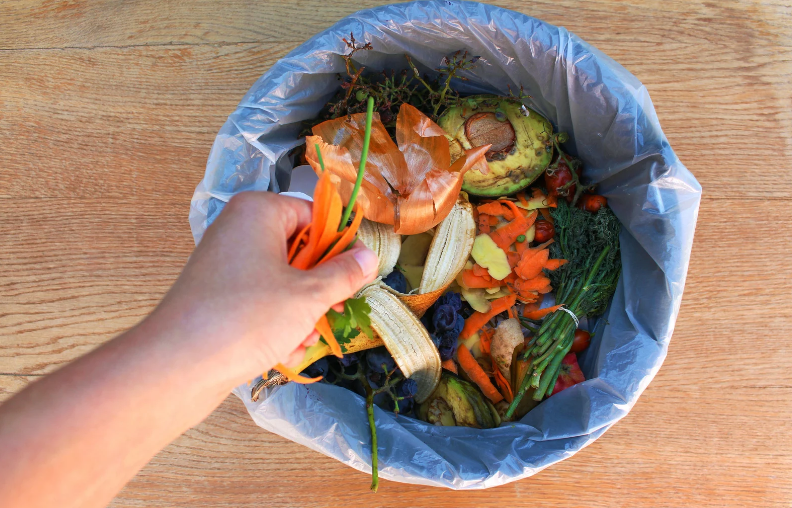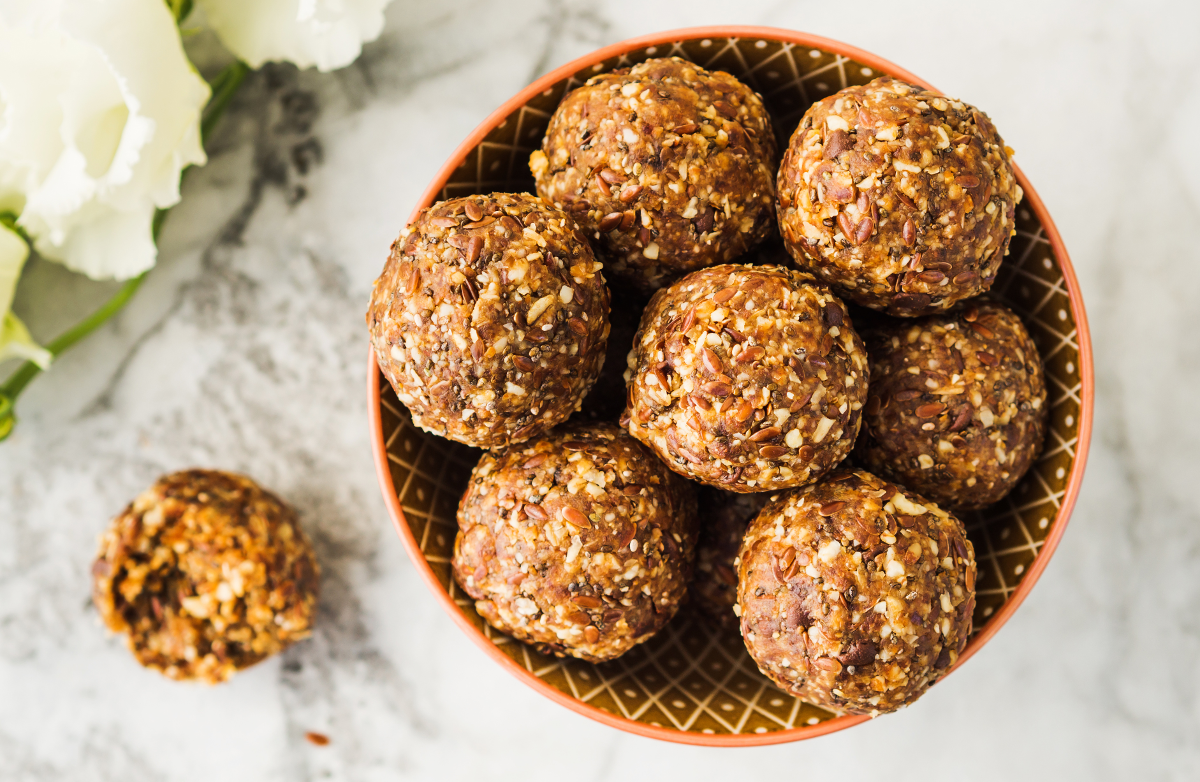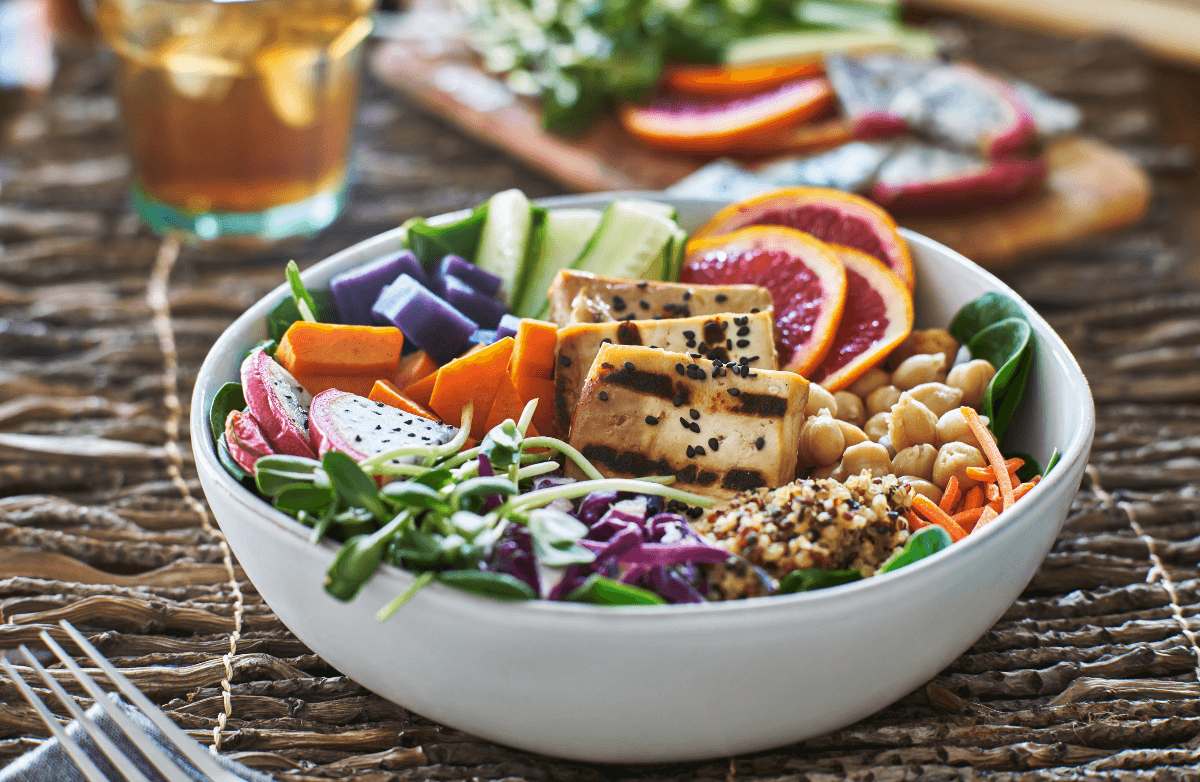We’re talking of course about your love affair with chocolate. Long thought to be an aphrodisiac, chocolate has been inextricably linked to Cupid and lovers since it was discovered among the ancient Aztecs and carried to the Old World. The New World likes it, too: the United States is the second-largest importer of cocoa beans (second to the Netherlands), importing about 18.5 percent of the world's cocoa.
Whether you’re the giver or receiver, just how sinful is chocolate? The Aztecs and their neighbors, the Mayans, believed chocolate transmitted knowledge and power to those who consumed it. While there’s no evidence to support that idea, there is mounting evidence showing some health benefits to eating it in moderation. Studies have found that dark chocolate helps prevent heart disease and cancer, and has also been shown to improve mood by boosting the brain chemical serotonin. Some even consider chocolate an effective diet food, claiming that a chunk of chocolate before meals diminishes appetite.
Made up of about 300 chemicals—some of which, in theory, have mood-altering effects – chocolate contains negligible amounts of the stimulant caffeine, as well as theobromine (which stimulates the heart and the nervous system) and phenyethylamine (an amphetamine-like substance said to simulate the feeling of falling in love). A University of Michigan study says chocolate causes the brain to release b-endorphin, a naturally occurring chemical similar to opium, which dulls pain and increases your sense of well-being.
Chocolate contains a wide assortment of vitamins and minerals that the body needs, including potassium, sodium, iron, fluorine and vitamins A, B1, C, D, and E. In fact, researchers at Harvard University believe chocolate may help people live longer. A study tracking older men found that those who ate chocolate lived almost a year longer than those who didn't.
Researchers believe this has something to do with the fact that chocolate contains flavonoids (compounds that may lower the risk of cardiovascular disease and cancer while slowing the aging process) and stearic acid, a heart-friendly fatty acid that doesn’t promote cholesterol increases.
But a University of Pennsylvania study testing so-called chocoholics found that the cravings may not lie in chemistry at all, but the melt-in-your-mouth texture of chocolate. Subjects in the study were found to prefer chocolate bars, even white chocolate bars that didn't actually contain any chocolate at all, over capsules of cocoa powder full of chocolate's active ingredients.
The bottom line: Chocolate may be getting a bad rap as a sinful food. On the other hand—as always—moderation may be key. If you simply must indulge, here are some tips for controlling your chocolate cravings and consumption:
- Choose dark chocolate over milk chocolate. Studies based on dark chocolate tend to show benefits that milk chocolate does not.
- Partner your chocolate with nutrient-rich foods, like chocolate-covered strawberries, apple slices or bananas. Add a few chocolate chips in your berry-nut trail mix. Try a refreshing glass of chocolate-flavored milk or soymilk.
- Buy smaller sizes of chocolate bars or hot fudge sundaes, since research shows you tend to eat the entire amount you’re served.
- Order fruit for dessert, with a small chocolate truffle on the side.
- Savor, don’t chew, your chocolate. Sit down, take your time and focus on the taste in your mouth. Enjoy it thoroughly. If you pop it in your mouth while you are driving, watching TV or talking on the phone, you’re likely to keep reaching for more.
- Give in to your chocolate cravings! Ever try to stifle a craving by eating something else? You usually just end up eating more and more foods, eventually giving in to your original desire anyway. Save yourself the calories and the torment: A small portion may be all you need for satisfaction.












